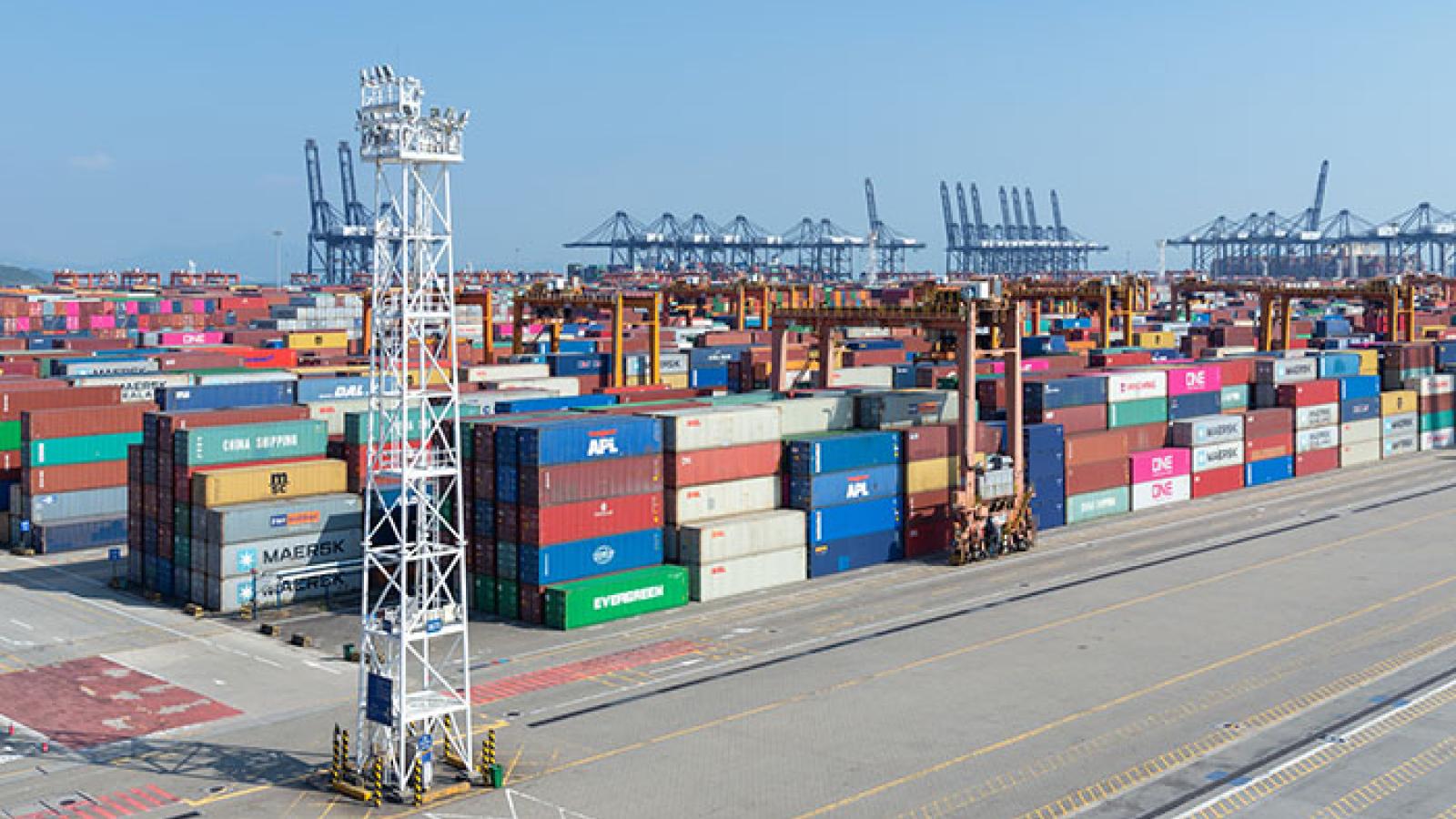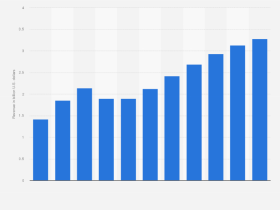
Tajikistan’s main imported goods
Tajikistan, a landlocked country in Central Asia, imports various goods to meet the demands of its population and support its economy. Its imports are influenced by its developing industrial base, reliance on foreign trade, and limited domestic production capabilities. Here is an overview of Tajikistan’s main imported goods:
1. Fuel and Petroleum Products
Tajikistan heavily relies on imported fuel and petroleum products due to its lack of significant domestic oil and gas resources. These imports are essential for transportation, industry, and power generation. The country sources most of its fuel from Russia and Kazakhstan, which dominate the Central Asian energy market.
2. Machinery and Equipment
The country imports machinery and equipment to support its infrastructure projects, mining industry, and agricultural sector. This includes construction machinery, industrial equipment, and tools used for hydroelectric projects. These imports are vital for modernizing the country’s industries and improving productivity.
3. Food Products
Despite its agricultural sector, Tajikistan imports a significant amount of food products. Staples like wheat, flour, vegetable oils, and sugar are commonly imported, primarily from Kazakhstan and Russia. Processed foods and beverages also make up a part of its food imports to meet growing consumer demand.
4. Vehicles and Automotive Parts
Tajikistan imports cars, trucks, and motorcycles, along with spare parts for their maintenance. These vehicles are crucial for transportation and trade within the mountainous terrain of the country. Japan, South Korea, and China are major suppliers of vehicles to Tajikistan.
5. Pharmaceuticals and Medical Supplies
The country depends on imported pharmaceuticals and medical equipment to meet the healthcare needs of its population. These imports come from India, Russia, and European countries, and include essential medicines, diagnostic tools, and hospital equipment.
6. Construction Materials
As Tajikistan continues to develop its infrastructure, it imports construction materials such as cement, steel, and tiles. These materials support urbanization projects, road construction, and housing development, which are key to the country’s economic growth.
7. Consumer Goods
A variety of consumer goods, including clothing, electronics, home appliances, and personal care products, are imported to cater to the needs of the population. These goods come from countries like China, Turkey, and Russia, which provide affordable and diverse options for Tajik consumers.
8. Chemicals and Fertilizers
Tajikistan imports chemicals for industrial use and fertilizers for its agricultural sector. These inputs are essential for increasing agricultural yields and supporting small-scale industries in the country.
9. Iron and Steel Products
The country imports iron and steel products for use in construction, manufacturing, and infrastructure projects. These imports are necessary due to the lack of domestic production facilities for these materials.
10. Textiles and Fabrics
Although Tajikistan has a strong tradition of cotton production, it imports textiles and fabrics for its clothing and garment industries. This is due to the limited domestic processing capabilities to convert raw cotton into finished products.
Key Trade Partners
Tajikistan’s main trade partners for imports are Russia, China, Kazakhstan, Turkey, and Uzbekistan. These countries provide a wide range of goods at competitive prices and have established strong trade links with Tajikistan.
Challenges in Importing Goods
Tajikistan faces challenges in importing goods due to its landlocked location, limited transportation infrastructure, and dependency on trade routes through neighboring countries. Additionally, currency fluctuations and trade barriers can impact the cost and availability of imports.
In conclusion, Tajikistan’s economy depends heavily on imported goods to sustain its industries and meet the needs of its population. The strategic importation of fuel, machinery, food products, and other essential items plays a critical role in driving the country’s economic growth and development.




Leave a Reply